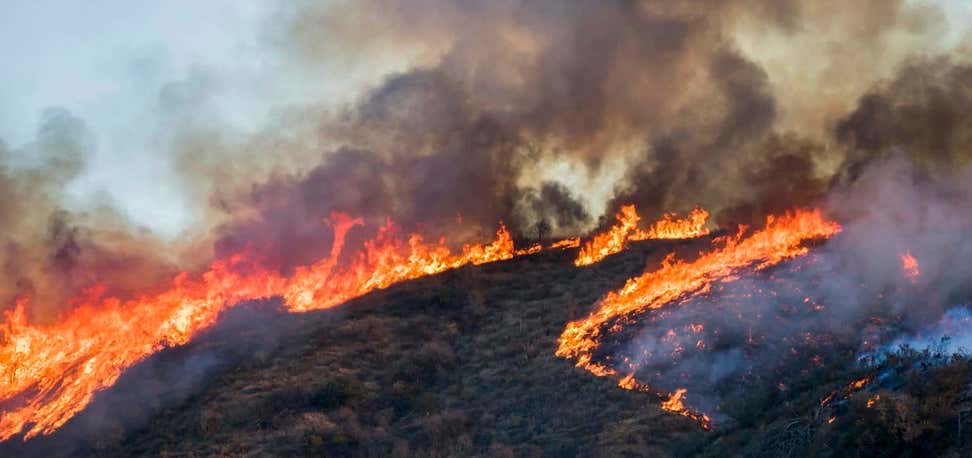September is National Preparedness Month and a perfect time to revisit your own preparedness and post-disaster plans. Here are 4 tips to help you both before and after an emergency.
1. Build a financial first aid kitYou already may have a first aid kit filled with bandages, medicines, and antiseptics ready for a medical emergency. But do you have a plan for accessing your financial information and accounts during a disaster?
The Federal Emergency Management Agency (FEMA) has created an Emergency Financial First Aid Kit that can help you make a plan. The kit includes checklists of important documents and household information, a fillable contact list for family and friends, and phone numbers for where to call for assistance following a natural disaster. You can download the kit from FEMA or order one by calling 1-800-480–2520 and asking for publication number P-1075.
2. Find benefits that may be available to youDisasters can pose major challenges to obtaining and affording basic necessities like food, medications, and housing. Many federal and state programs that help people to pay for these necessities have expanded access for those affected by natural disasters and public health emergencies (such as COVID-19). Some of these programs include:
- The Disaster Supplemental Nutrition Assistance Program (D-SNAP) provides emergency food benefits. If you already receive SNAP, you may be able to get additional or replacement benefits during an emergency.
- The Transitional Shelter Assistance (TSA) program helps if you cannot return to your home due to loss or damages.
- Low Income Home Energy Assistance Program (LIHEAP) disaster relief helps pay for energy-related home repairs or installations as well as heating/cooling needs.
Our free online tool, BenefitsCheckUp®, has a Disaster Assistance page with information about disaster benefit programs. It also lets you create a personalized preparedness plan. You don't have to wait for a crisis. Even if you live in an unaffected area, you can complete a screening for programs to help you age well.
3. Be wary of scamsDisasters present a perfect opportunity for scammers looking to make a quick dollar—whether it’s by conning you into donating to a fake relief charity or offering home clean-up and repair services that they’ll never complete. Here’s how to make sure you don’t become their victim:
- Research the organization or company before giving them your money. You can search for legitimate charities and companies on websites like Charity Navigator and the Better Business Bureau.
- Don’t pay by gift cards or wire transfer. Real businesses and charities will never ask for payment using these methods.
- Report suspected scams to the Federal Trade Commission by calling 1-877-FTC-HELP (877-382-4357) or logging your complaint online.
The Internal Revenue Service (IRS) offers several options for taxpayers affected by disaster situations. This can come in the form of extending deadlines to file or pay individual or business taxes, waiving fees to obtain copies of tax returns, and removing penalties for late payments.
To see if you qualify for this tax relief, visit the IRS disaster webpage or call 1-866-562-5227.





